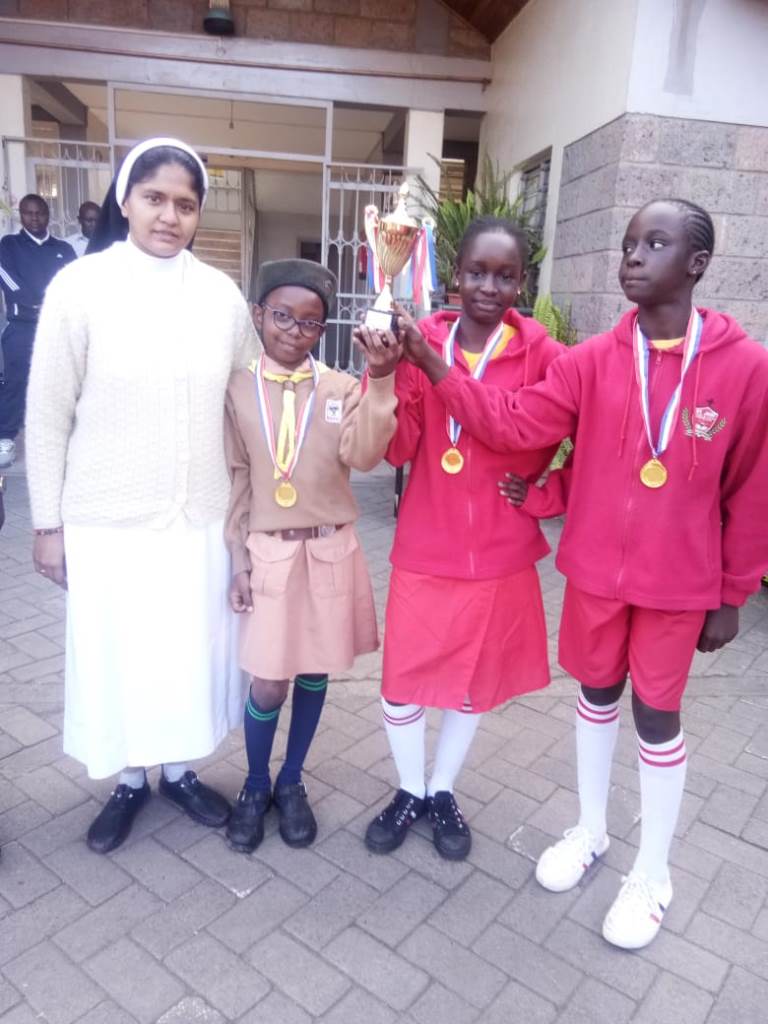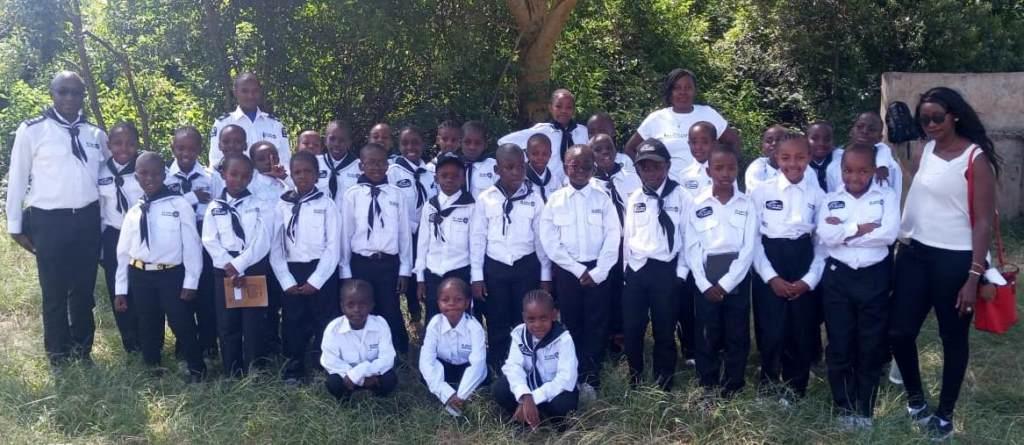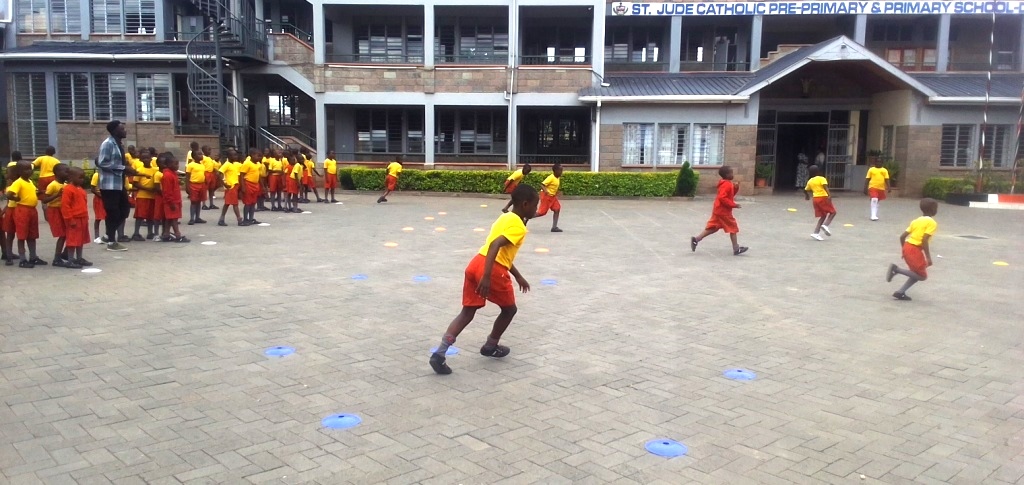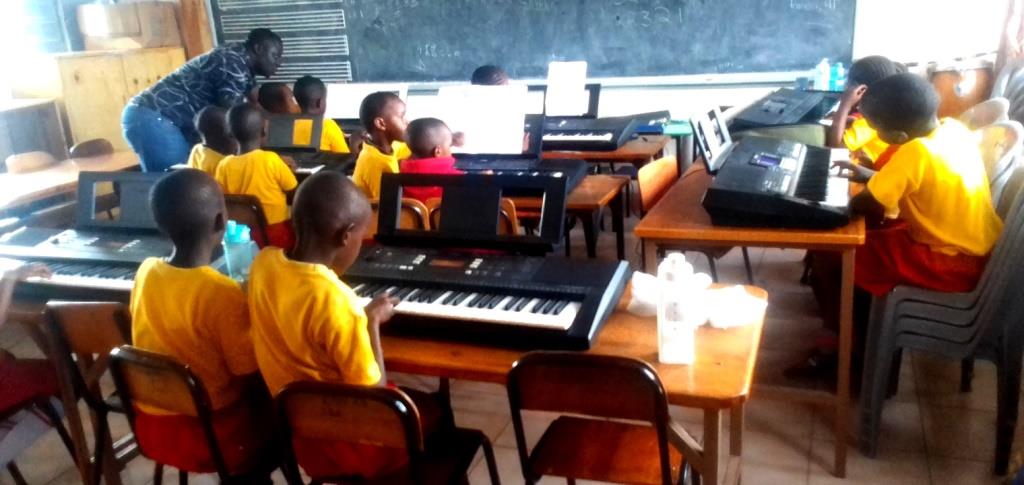DCPS
School Clubs
Overview
The school offers a wide range of extracurricular clubs designed to support holistic development, creativity, physical fitness, and technical skills. These clubs cater to learners from Pre-Primary 1 (PP1) up to Grade 9, depending on the nature and complexity of the activities involved.
Below is a breakdown of the available school clubs and the corresponding grade levels they serve:
Clubs for Pre-Primary to Grade 6
These clubs are suitable for younger learners, focusing on foundational skills, physical coordination, and artistic expression.
| Club Name | Grades Offered |
|---|---|
| Skating | PP1 – Grade 6 |
| Piano | PP1 – Grade 6 |
| Ballet | PP1 – Grade 3 |
| Chess | PP1 – Grade 3 |
| Karate | Grade 1 – Grade 6 |
| Football | Grade 1 – Grade 8 |
| Table Tennis | Grade 1 – Grade 6 |
Clubs for Intermediate Grades (Grade 4 to Grade 8)
These clubs focus on developing specialized skills, team collaboration, and advanced motor and cognitive abilities.
| Club Name | Grades Offered |
|---|---|
| Basketball | Grade 4 – Grade 8 |
| Robotics & Coding | Grade 4 – Grade 8 |
| Volleyball | Grade 4 – Grade 8 |
| Dance | Grade 4 – Grade 8 |
| School Band | Grade 4 – Grade 9 |
Clubs for Upper Primary and Junior Secondary (Grade 7 – Grade 9)
These clubs target older students who are capable of engaging in higher levels of competition, creativity, and performance.
| Club Name | Grades Offered |
|---|---|
| Netball | Grade 7 – Grade 8 |
| Handball | Grade 7 – Grade 8 |
| Swimming | Grade 7 – Grade 8 |
| School Band | Grade 4 – Grade 9 |
Summary
-
Early Years (PP1 – Grade 3): Focus on motor skills, creativity, and cognitive development through Ballet, Chess, Skating, and Piano.
-
Middle Grades (Grade 4 – Grade 6): Emphasis on teamwork, basic coding, and artistic performance with clubs like Robotics, Dance, Basketball, and Band.
-
Upper Grades (Grade 7 – Grade 9): Opportunities to compete and specialize in team sports and technical fields such as Netball, Swimming, and School Band.
Conclusion
The diversity of clubs ensures that each learner has access to co-curricular opportunities that complement their academic learning. These clubs are crucial in nurturing talents, building discipline, fostering teamwork, and preparing learners for well-rounded success.
The School participation in National Chess Championship
Venue: Kitale National Polytechnic.
Dates: 1st – 5th August 2025.
Introduction
The School Chess Championship was held at Kitale National Polytechnic from 1st to 5th August 2025. The event brought together talented young chess players from various schools across the region to compete, learn, and showcase their strategic skills.
Participation
Our school proudly participated in the championship by sending a delegation of 18 learners, accompanied by their coach and a supervising teacher. The learners had undergone extensive training and were eager to represent the school on a competitive platform.
Accommodation
We extend our sincere gratitude to St. Francis Catholic for generously providing accommodation for our learners and staff throughout the event. Their hospitality ensured that our students were well-rested and focused during the tournament.
Performance
Our learners performed admirably during the five-day championship. The competition was intense, but they demonstrated excellent strategic thinking and sportsmanship.
-
Highest Score Achieved: 5 Points
-
Lowest Score: 2 Points
These results reflect the effort, discipline, and commitment of our chess team. While there is room for improvement, the experience gained is invaluable for their future growth.
Conclusion
The School Chess Championship at Kitale National Polytechnic was a great success and an enriching experience for our learners. It not only improved their chess skills but also promoted teamwork, resilience, and mental discipline. We look forward to participating in future championships and achieving even greater success.
Recommendations
-
Continue regular chess training to improve performance and consistency.
-
Organize internal tournaments to prepare for future competitions.
-
Appreciate and motivate participants through recognition or awards.
GOLD MEDALIST SKATERS



St. Jude Karate club in training session.

St. Jude skating club during training session.

Lower primary football club training time.

St. Jude piano club training session.

St. Jude Table Tennis club training session.

Art and craft club training session.

